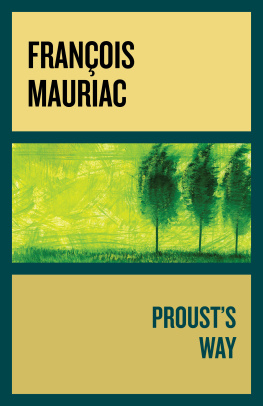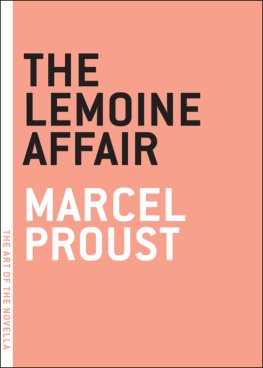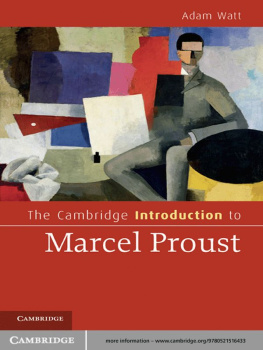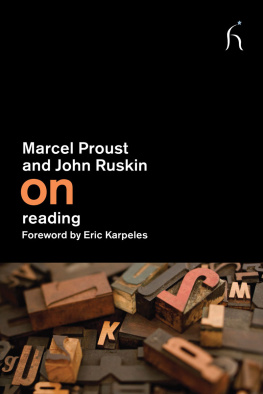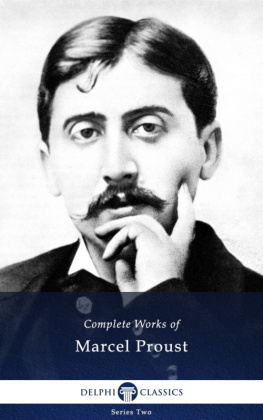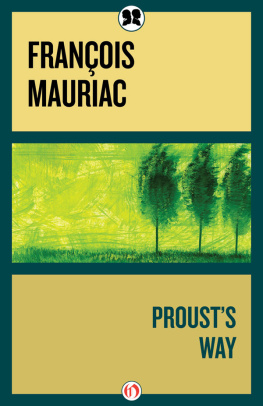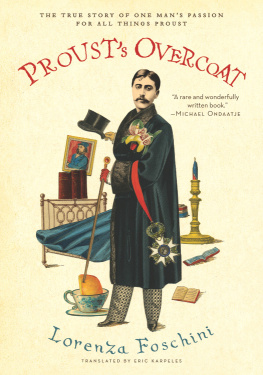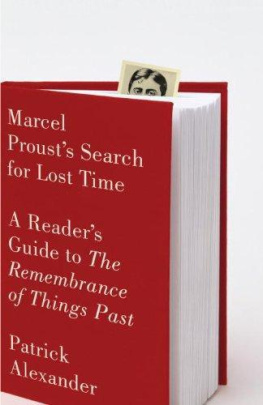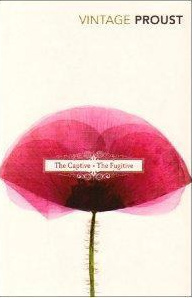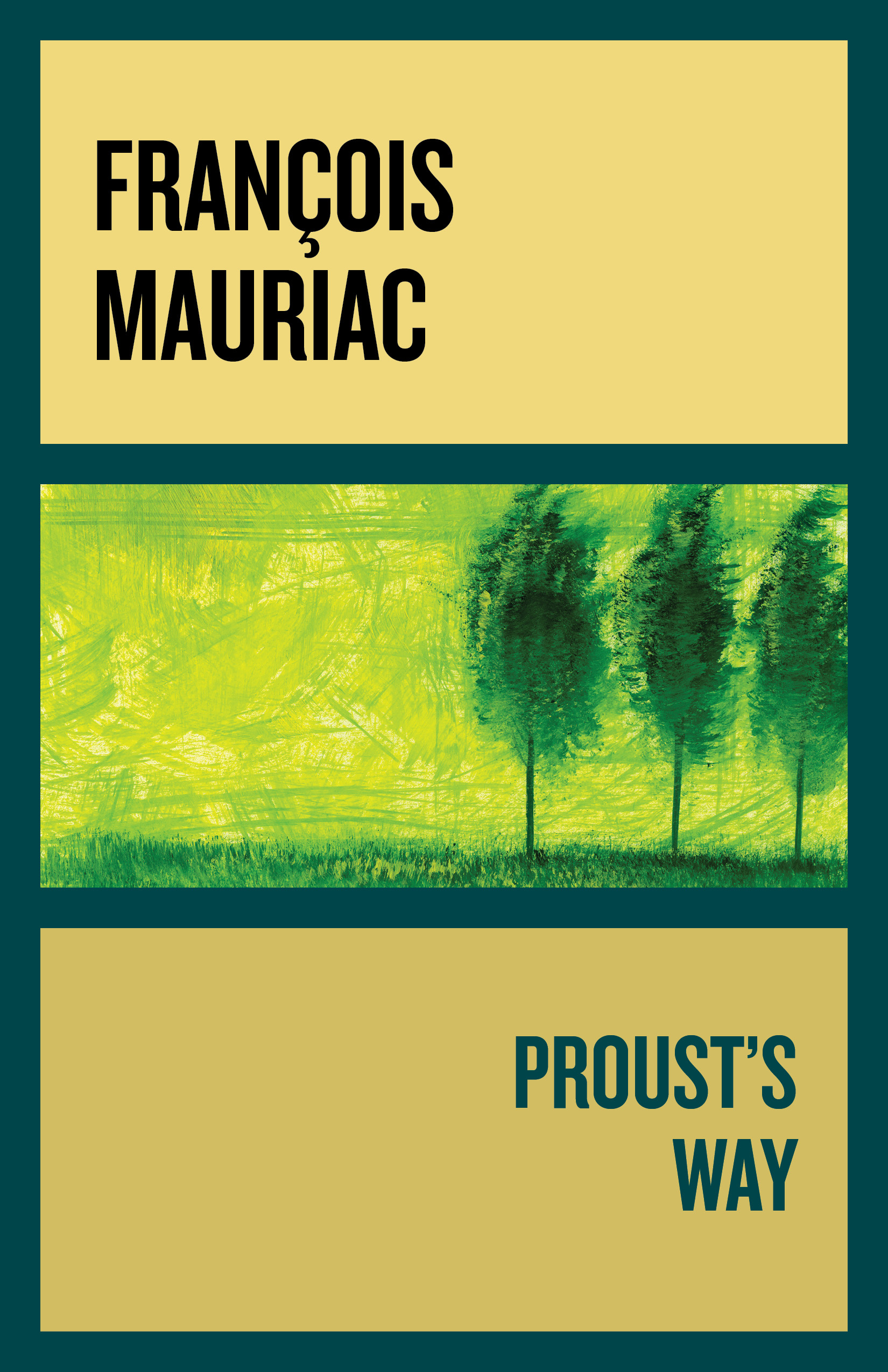CONCLUSION
He sent me the letter that weariness had prevented his finishing. Simple weariness, he said, and it was the approach of death.
More than twenty years have passed over that tomb in the cemetery of Cnon where he reposes above the curving river that saw the birth of both of us. And we scarcely understand to-day how the disagreement arose between the wife who was right to protest that Jacques had fallen asleep in the Lord, and his humanist friends who were not altogether wrong in maintaining that he had been, during the last months, such as the letters he addressed to me show him: devoted to discoveries of every kind that a life indifferent to divine things reserved for him. Conflicts of that order give proof of the simplicity of mind of people whose profession it is to be subtle, and who have the idea that a converted man is a man determined for all time, petrified into an attitude to which he remains faithful; or if he renounces it some day, it is to come back to his former life. In reality, we know grace does not destroy nature, and that the diverse movements of nature and of grace, to speak like the Imitation, continue the rhythm of the whole Christian life; and that it is sometimes grace, and sometimes nature that wins the victory. Jacques Rivire was, like every one of us Christians, the enclosed field where that doubtful combat takes place, yes, doubtful up to the last second, the last sigh. But his sincerity toward himself, the need that he had to leave nothing in obscurity manifested openly the ups and downs of that struggle that most Christians hide inside themselves. The state of grace is not a stable one except among the Saints; in the ordinary Christian, it is rather like that love, taciturn and always menaced, of which Vigny speaks. It is a flame that the wind of the earth excites and, at the same time, is likely to put out at any moment. Grace in Jacques threw off sparks. In how many lives have there only been moments of grace! And all our inner story tends toward an effort to diminish the intervals between those times of light, so that the end of our lives resembles those long June twilights, when all night long the light remains in the lower part of the sky.
MY MEETING WITH MARCEL PROUST
I saw Barrs for the last time at Marcel Prousts funeral. He was standing in front of the Church of Saint-Pierre de Chaillot, with his bowler on his head and his umbrella hanging from his arm. He was astonished at the clamor of fame all about the deceased whom he had known quite well and rather liked, I believe, without suspecting his greatness.
Well, whats it all about! he was our young man he kept repeating to me, meaning by that that he had always located Marcel Proust on the other side of the chancel with the worshipers and disciples, he the most intelligent and discerning of all, to be sure, and the one who knew how to burn the most flattering incense under the nose of every master; but that he would some day be able to bestride the Lords Table and take his place alongside of him, that was something neither Barrs nor any other pontiff of his generation would ever have foreseen.
Ah! Proust, pleasant companion, what a strange phenomenon you were! as for me, what an off-hand way I had of judging you! Barrs confessed to Jacques Rivire (letter of December 2, 1922 published in Hommage Marcel Proust ).
Proust concealed his own genius in the smoke of the incense-burner he was swinging under the noses of the men of letters and the ladies in whose homes he dined. Thanks to that cloud, he constructed his work for many years, borrowing anecdotes and secrets from the people whom he covered with flowers, growing fat on every destiny he crossed; and suddenly the cloud dispersed and their young man, eternally young, towered above the discomforted old masters.
Some of them took it very badly (not Barrs, to be sure, over whom a new work could not cast a shadow), but Bourget, who pretended to laugh at the maniac (Crazy, he used to say to me, to dissect flies legs) was too discerning not to perceive that Remembrance of Things Past cast over his own novels a fearful shadow. That world of Lies ( Mensonges ), A Womans Heart ( Un Coeur de Femme ), and The Blue Duchess ( La Duchesse bleue ) that Bourget had observed through his monocle, Proust, after having absorbed it, called forth from his depths, all mingled with his own life. What a drama was that sudden occupation of the literary heaven by the Proustian constellation! To be demoted on the very threshold of his tomb with one foot already in the grave, was, perhaps what Bourget vaguely resented; but that is certainly what the Count Robert de Montesquiou felt desperately (as appears clearly in the last pages of his Mmoires ). The latter lived long enough to discover that he would pass down to posterity only in as far as it had pleased the little Proust to make use of him. What! That snob, mongrel, who drank the noble count in with his eyes and covered him with flattery, was concealing then an incorruptible witness, one of those geniuses who not only note the appearance, the gesture, the voice, but the hidden intention, and immobilize it in an eternal creation? Who would not have been deceived by it? Marcel Proust had nothing of the professional observer. He lived your life, admired you, liked you, took part in your follies and vices; he was a virtuoso in quarrelling and making up. But all the time that he lost with you was swallowed up in him, and he was to rediscover it later thanks to a good use of illnesses that Pascal had not foreseen.
There was one writer able to estimate the importance of Marcel Proust and to be overwhelmed by it, but without meanness or envy: it was the charming Ren Boy-lesve. He admitted without artifice that Proust had accomplished what he himself had dreamed. He was not jealous of it, but confessed his sadness to us in the pretty little house on the rue des Vignes where I see again his handsome olive face, bearded and wasted away, one of those that give testimony equally to the excesses of penitence or the fires of human passions.
I saw Marcel Proust at the end of the war for the first time, at Madame Alphonse Daudets, on the third of February 1918, during a reception given in honor of Francis Jammes. But I could have met him many years sooner since I was acquainted with Alphonse Daudets youngest son, Lucien, who was not only one of Marcel Prousts best friends but had the merit to admire Marcels genius at a time when nobody would have found himself in agreement with him. Swanns Way had hardly appeared in the bookstore windows when Lucien Daudet, in the Figaro, was already putting this unknown man and his work into their rightful place, at the top.
That little Proust! people kept saying, do you really think that fellow exists? Lucien Daudet never doubted that the little Proust was very great; he never put him down as commonplace. He resisted that blindness of friendship that hides from us the greatness of those we love, and he belied Swanns author when the latter assures us that we do not believe in the genius of a person with whom we went to the opera last night. But why didnt he ever speak to me about him? I keenly sensed a presence, an influence, around Lucien Daudet, a sort of shadow a bit stifling that perhaps did harm to his own expansion. As he often amused himself by imitating the gestures and strutting of Count Robert de Montesquiou, I thought that it was by that person he was impressed, and I blushed a little for him. But Lucien Daudet, instead of confiding to me that he had a brilliant friend to whom he was going to introduce me, would announce to me for instance: I am going to do something very important for you; I am going to introduce you to the Marquise dAyragues.

